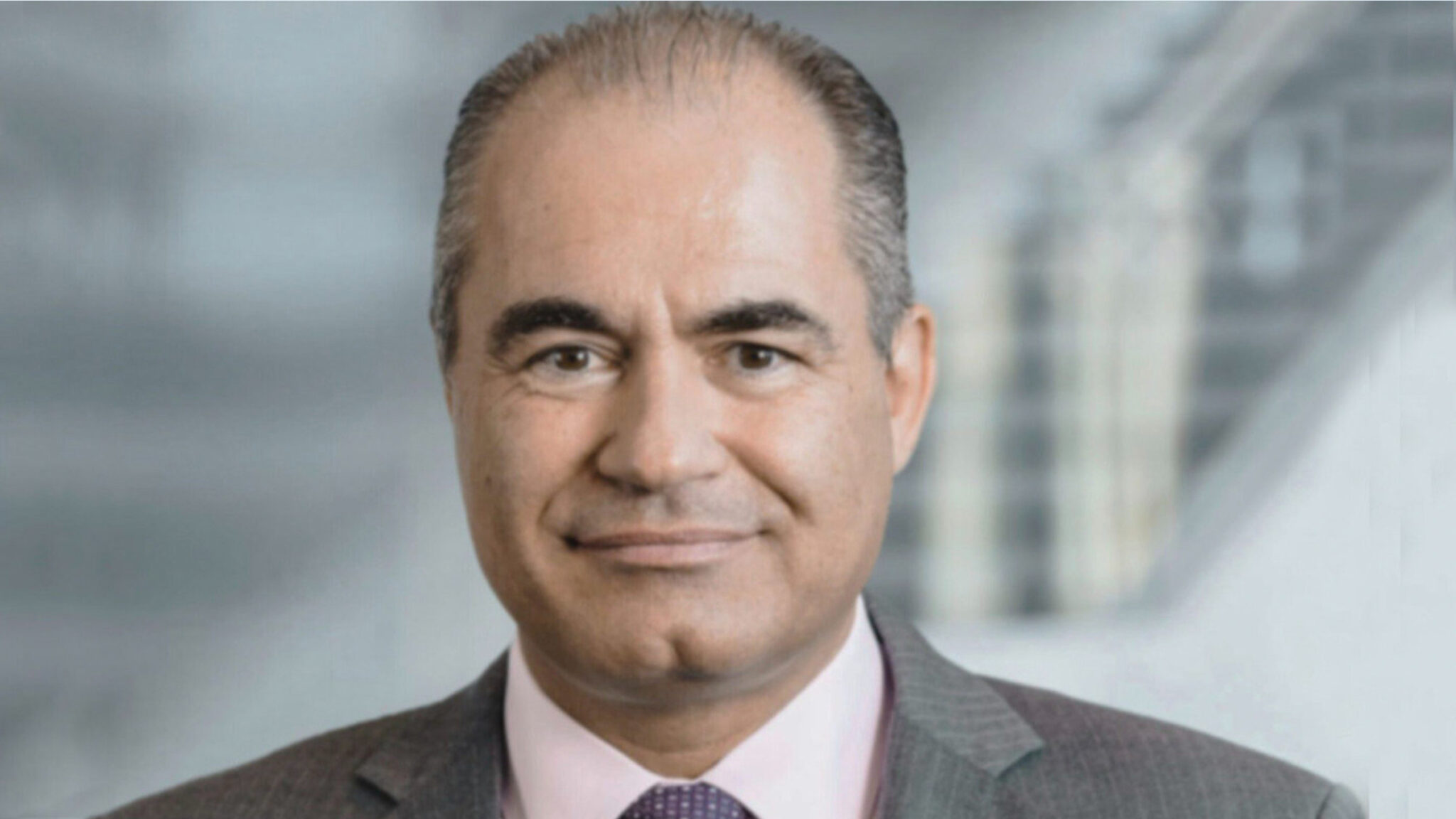
Michael Goettler, Viatris CEO
Viatris agrees to pay $264M to settle EpiPen class action case
Just as Biocon signs off on a $3.3 billion buyout of their shared biosimilars business, Viatris’s pending lawsuit for its controversial EpiPen might be no …
Sign up to read this article for free.
Get free access to a limited number of articles, plus choose newsletters to get straight to your inbox.